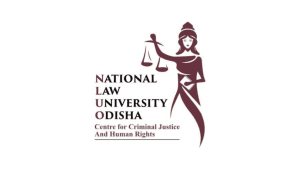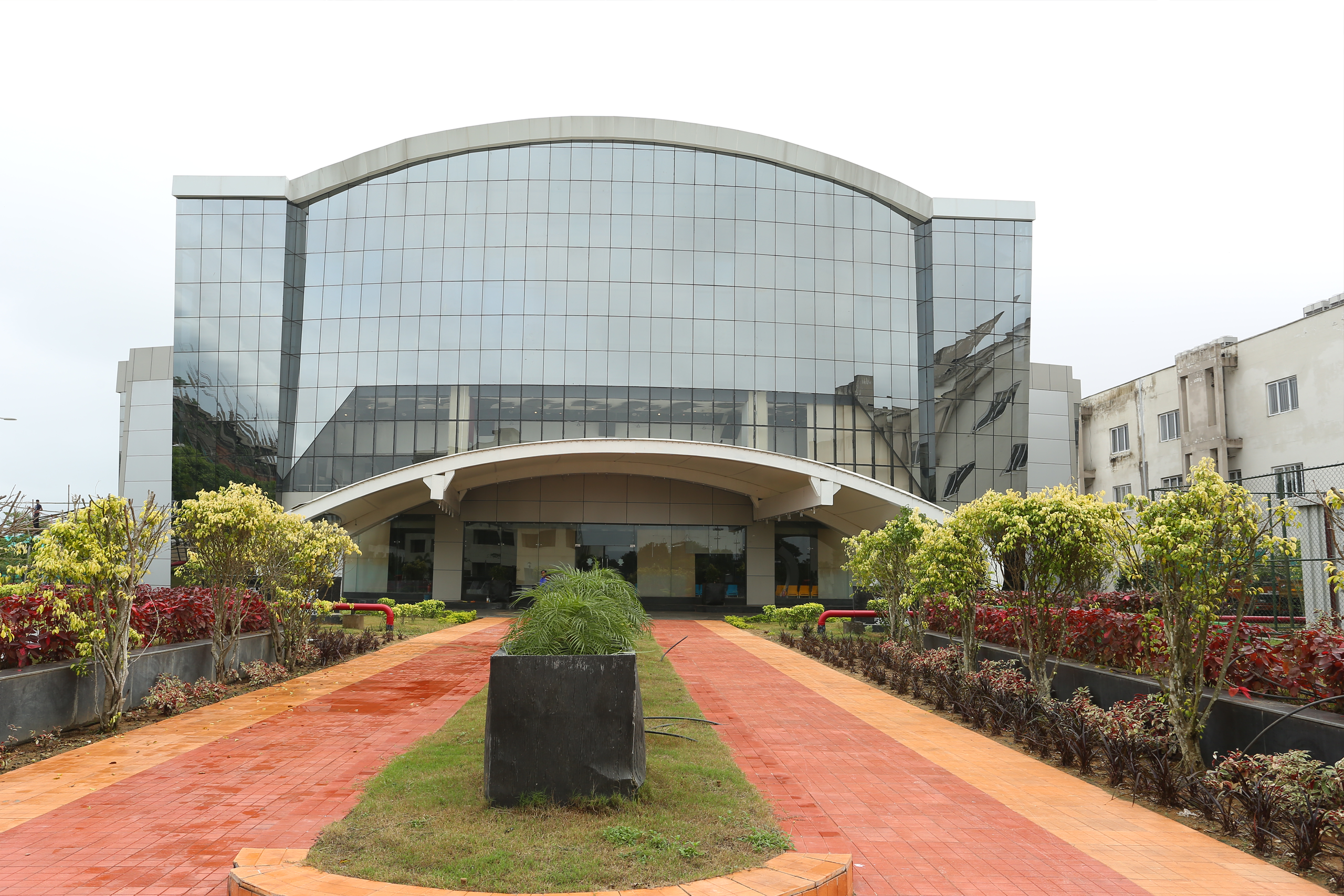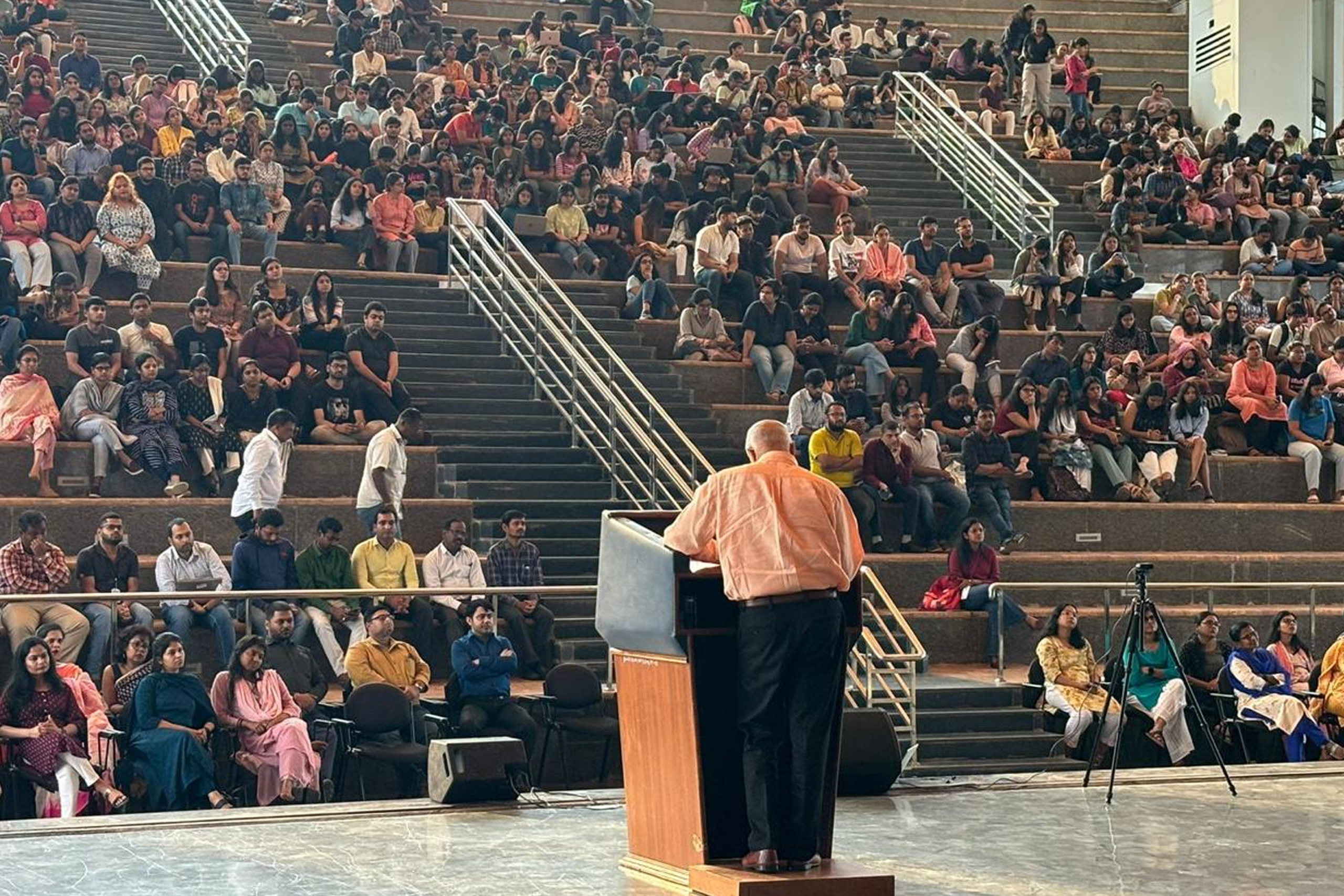Events
Date: 17thFebruary 2022
Event: NCW Eastern Regional Consultation on “Review of Criminal Laws – Improvement in Status of Women”
About the Event: Centre for Criminal Justice and Human Rights, in collaboration with the Centre for Women and Law, organised the National Commission for Women (NCW) Eastern Regional Consultation for the states of Odisha, West Bengal, Jharkhand, Chhattisgarh and Bihar on ‘Review of Criminal Law: Improvement in Status of Women’ on 17thFebruary 2022. The objective of this consultation was to review and analyse the position of the law and formulate consolidated recommendations for viable amendments, keeping in view the perspective and position of women in India. This regional consultation witnessed participation from members of State Women’s Commissions, NGOs, members of Civil Societies, Delegates from Academia, Legal Professionals, Police Personnel and Prison Officials to give their views and opinions through deliberations in focused group discussions.
The welcome address was delivered by Prof. Ved Kumari, Vice-Chancellor, National Law University Odisha, where she delineated the questions and points to be discussed during the consultation process. Ms Rekha Sharma, Chairperson, NCW, delivered the inaugural address. Dr. Usha Ramanathan, noted academician and leading human rights activist, shared her insights on ‘Looking at Criminal Law through the Lens of Women Studies’. Other notable speakers were Mr. Debi Prasad Dhal, Members of the Bar Council of India, and Prof. Gangotri Chakraborty.
The consultation programme revolved around extensive discussion and deliberation on sexual offences, offences relating to marriage, cruelty by husband and his relatives, maintenance of wives, children and parents, need for modification in provisions of arrest, search and seizure, etc., among other important points. At the end of the consultation, some of the resolutions were as follows – marital rape as an exception should be deleted and should be treated as an offence. However, there were concerns about the standard of proof, punishment, etc.; Section 498 of IPC (abduction of a married woman) should be repealed as regular abduction provision will be applicable; Section 498A should remain a cognisable offence; battered woman syndrome should be included under the right of private defence; a sexual offenders’ registry should be maintained although with confidentiality being maintained; emphasis on speedy justice; gender-neutral terms in sexual offences should be used with victims including third gender as well. There should be an inclination towards rehabilitation and restorative justice as well. The participants of the consultation programme also emphasised strengthening existing support systems under criminal law and better implementation of existing laws rather than adding or creating more laws and provisions.
Event II: PG Diploma Course on Correctional Administration and Rehabilitation
About the Event: NLUO has entered into an MoU with the Directorate of Prisons and Correctional Services for
Offering a P.G Diploma course on ‘Correctional Administration and Rehabilitation’. The Centre is also in the process of organizing training programmes for prison officials and other stakeholders, which will emphasize knowledge, skills and ethics in prison administration and other mutual collaborations related to prisons. The MoU was signed on 26th January 2022 by Prof. (Dr.)Yogesh Pratap Singh, Registrar NLUO and DIG, Prisons Mr. Subhakanta Mishra (OJS) in presence of Hon’ble Justice Dr. S. Muralidhar, Chief Justice, High Court of Orissa; Prof. Ved Kumari, Vice-Chancellor, NLUO and Director General of Prisons, Mr. Santosh Kumar Upadhyay. The PG Diploma on Correctional Administration and Rehabilitation aims to give a holistic overview of criminal justice administration, prison and correctional administration and rehabilitation.
It aims to combine approaches of law, criminology, victimology and psychology in one single course. Through this course, we aim to introduce the learners to the basic concepts of prison administration, crime causation, sentencing policies, concept of punishments, aspects of Victimology and restorative justice. The course will also make the students abreast with the latest developments in the fields of reformation and rehabilitation. This Course is specially designed for prison personnel and staff those who are inclined to have an in-depth knowledge of criminal justice, prison administration, policies on incarceration, punishments, sentencing policy , concept of restorative justice and most importantly a wider perspective on rehabilitation and correctional treatment inside prisons.
Event in 2023-2024
Event III Book Release of “Police Discretion in India: Legal & Extra-Legal Factors” by Dr. Satyajit Mohanty
About the event : The Centre for Criminal Justice and Human Rights (CJHR) organized a book release event for “Police Discretion in India: Legal & Extra-Legal Factors,” authored by Dr. Satyajit Mohanty and published by Routledge, UK, 2024. The event was held in the Conference Hall of the Administrative Block from 3:30 pm to 4:30 pm, with all faculty members in attendance, including Vice-Chancellor Ved Kumari.
Dr. Mohanty’s book is the first empirical study focused on police discretion in India. It goes beyond anecdotal accounts to address the issues surrounding arrest discretion by the police. The book provides a comprehensive analysis of both international literature and the Indian context, shedding light on the gap between legislative intent and actual law enforcement practices in the field. Dr. Mohanty highlights how extralegal factors—such as subculture, environment, and specific situations—influence police discretion alongside legal determinants like statutes, rules, manuals, and court rulings.
During the event, Dr. Mohanty discussed key concepts from his book, such as the accountability mechanisms and checklists established by the Supreme Court in the Arnesh Kumar vs. State of Bihar case, designed to keep police discretionary powers in check. He delved into the concept of the “Discovery of Discretion,” emphasizing that discretion lies at the core of policing.
Dr. Mohanty identified five determinants of police discretion, elaborating on the “Dirty Harry Dilemma” as part of the subculture of police discretion. He also discussed the “Thin Blue Line” trait and the “code of silence,” which further influence police discretion. Additionally, Dr. Mohanty explored how environmental factors and extra-legal influences, which are not part of formal law or statute, play a significant role in the decision-making processes of the police.
The volume promises to be a significant contribution to the fields of criminology, criminal justice, sociology, and South Asian studies, making it essential reading for policymakers, police leaders, judiciary officers, scholars, and researchers.
The event concluded with a Q&A session where attendees engaged with Dr. Mohanty on various aspects of police discretion discussed in his book. The Vice-Chancellor, Ved Kumari, praised the work for its insightful analysis and relevance to contemporary policing issues in India.






